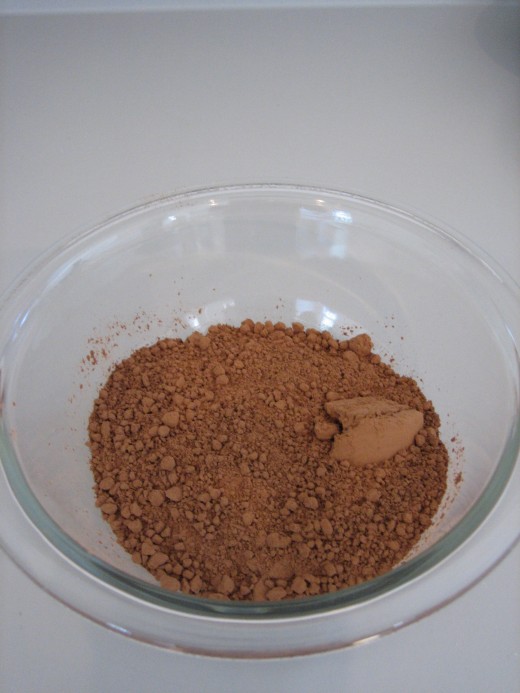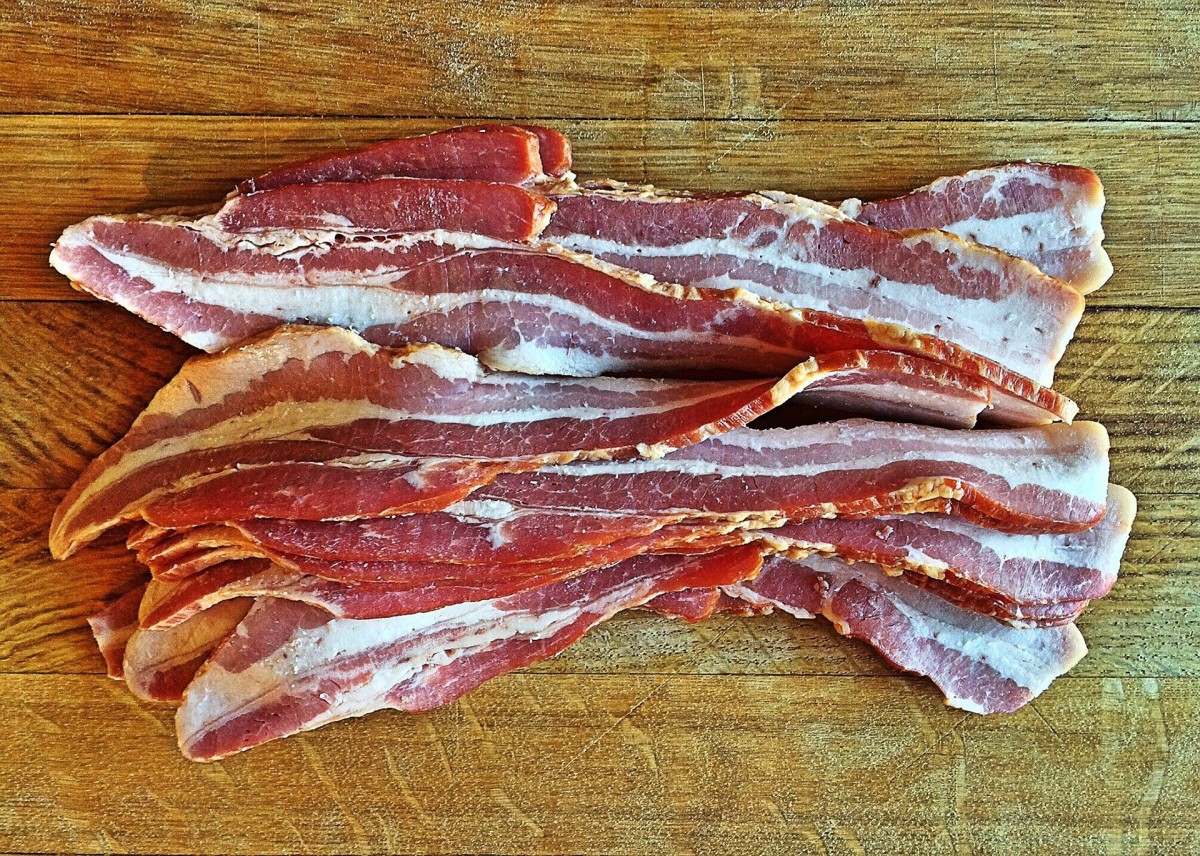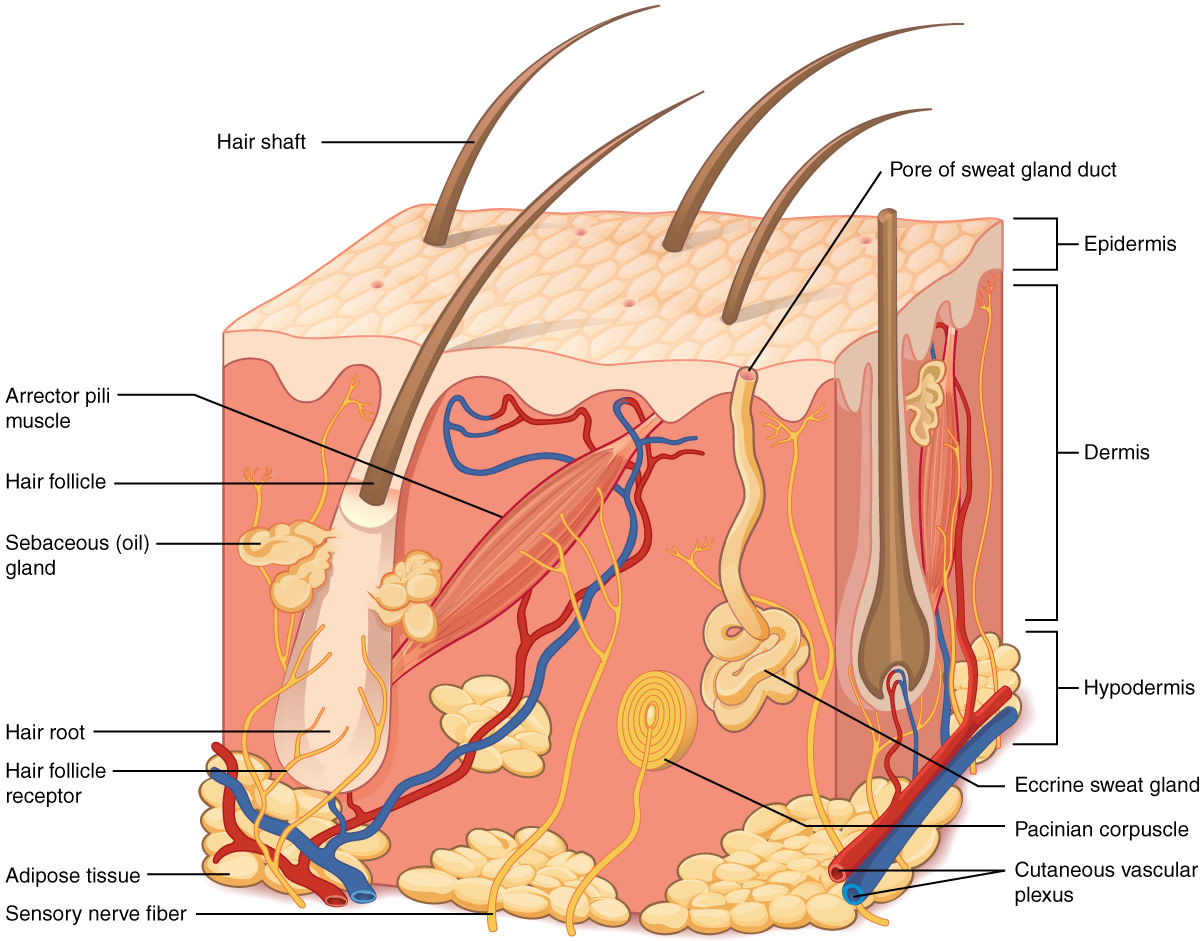How Much Chocolate is Needed for Heart Disease Prevention?
Chocolate (in Moderation) Is Good for Your Heart

A Meta-Analysis of Seven Independent Studies
Many studies have been done that have reported the positive health and psychological effects of chocolate consumption. Some of these studies have focused on the ability of chocolate to reduce heart disease and stroke. In August of 2011, a meta-analysis was published covering seven of these studies, including over 110,000 people from Europe and North America. Conclusions from this report allow us to make some general conclusions about the positive health effects of chocolate consumption (1).
Diseases covered by the seven studies included coronary heart disease, high blood pressure, myocardial infarction, diabetes, stroke, cardiovascular disease and heart failure. Chocolate consumption reduced the risk of all of these diseases, except heart failure, by about 30%.
Six of the studies included on European and North American Caucasians. So, it is interesting to speculate, would the conclusions reached by the meta-analysis be pertinent for other populations that have different genetic and cultural backgrounds?
So, How Much Chocolate for Increasing Heart Health?
It can be a bit confusing to interpret research studies that use different methods, but the general conclusion of the "meta analysis" study was that the highest rates of cocoa intake resulted in disease reduction. The analysis included only the lowest and highest levels reported by each of the seven studies covered. The highest levels resulted in disease reduction. It is instructive to look at the various criteria used for the highest levels used in these studies:
Study 1: once a week or more
Study 2: once a week or more
Study 3: more than once a week
Study 4: 4.2 grams of cacao per day (4)
Study 5: more than one per day
Study 6: 7.5 grams of chocolate per day
Study 7: more than 5 per week
(See below for a discussion of how much chocolate is needed per day......)

A Heart Healthy Diet
Chocolate Antioxidants Help with Cardiovascular Disease
Chocolate contains common plant chemicals known as flavonoids. Also known as polyphenols, some of these, like quercetin, are known to have antioxidant properties that can benefit and combat diseases related to aging. The link to quercetin explains why antioxidants can have an effect to help prevent atherosclerosis, or hardening of the arteries.
Most medical advice regarding chocolates and getting the benefits from them, indicate that dark chocolates are more likely to have the higher content of flavonoids. This contradicts with some of the study results above, but I think it a fair bet for you to consume a little dark chocolate each week, in place of milk chocolates and other sweets that are over-processed. Processing decreases the amount of flavonoids in chocolate, as well as in other foods.
How Much Chocolate Is Enough?
With all of these various criteria, one can at least conclude that once a week or more is needed to confer the health benefits. Study six is the most exact criteria for consumption, so I would assume that 7.5 grams of chocolate per day is a good recommendation. You could consume 7 x 7.5 = 52.5 grams once a week or spread it out. This weekly amount is equivalent to eating four and a half pieces of Toblerone Milk Chocolate with Honey and Almond Nougat. You also get an extra 43 calories for each piece you eat, about half of which are from fat. (2)
The forms of chocolate included in the studies included chocolate drinks, bars and snacks. The various types of snacks included desserts, supplements, confections and candy bars. There was no distinction between types of chocolate, white or dark, in the seven studies.
However, polyphenols are more prevalent in the dark chocolates, less so in milk chocolates and nonexistent in white chocolates. (3) So there should be an adjustment in studies for the relative polyphenol content when reporting the effects of chocolate on health.
References
1. Chocolate consumption and cardiometabolic disorders: systematic review and meta-analysis
2. Toblerone Milk Chocolate Calories and Chocolate Content
4. Cocoa Intake, Blood Pressure, and Cardiovascular Mortality
5. Strandberg, T.E., et al. 2008. Chocolate, well-being and health among elderly men. Eur. J. Clinical Nutrition 62:247-253.










